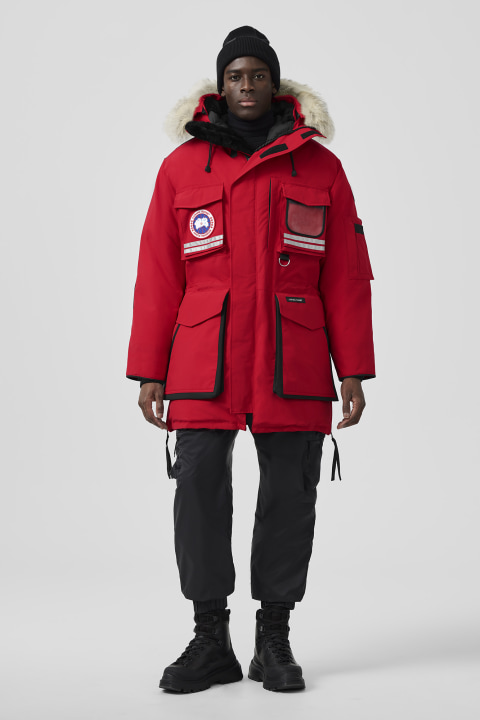Obviously not intending in sleeping in a wet bag, but I'm under the impression I can dry a synthetic bag in the field far faster than a down one.
Yeah breathing condensation is fun to manage. Sometimes your roll or turn your head in just the right way while sleeping to make a nice damp pocket around your face.
Right now the back up plan is my Woods -°C bag from the pop up camper being used as an outer bag, and my hot core junk backpacking bag used as an inner. That has been comfortable to about -15°C
It seldomly gets much colder than a few degrees below freezing when we use the pop up, and we have six other blankets and comforters in it, I won't even notice it's missing.
Hey man,
"but I'm under the impression I can dry a synthetic bag in the field far faster than a down one."
Yes and No a lot of how the bag drys will have to do with the shell and liner fabric most modern down bags the down is coated in a DWR so that reduces the risk of it getting soaked and makes it really fast to dry. The actual material used in the shell will directly affect the ability for the Bag to dry out. If the material is a cotton (colemans, woods, cabelas ect ect ect) then its gonna stay wet for a very very long time and will be a pain in the ass to dry out complete in the field.
Cotton fibre in a sleeping bag also has very poor air transfer with really good water retention (cotton is rotten is what my jungle warfare inst used to say all the time because it never drys out properly in wet or humid conditions like the inside of a sleeping bag or your boots ........) so what ends up happening is that you get a cycle of not being able to dry out the insulation material and it in-turn makes the bag liner damp again and repeat........... if you can dry out the liner material then you can dry the insulation and with down you'll just need to "fluff" it up modern down and modern synthetics will dry in pretty much the same amount of time in my experience.
A synthetic bag using down or coreloft type insulation will dry much faster, and the lighter weight the shell material the faster the insulation layer can dry out. This is why modern higher end sleeping bags are as expensive as they are. The synthetic bags also transfer air and moisture better so your bag can "breath" somewhat and that helps with it getting wet from sweat if your all the way into the bag and breathing into it your still gonna end up with issues with a damp bag.
from reading your other posts I'd look at the suggestions from others about replacing your sleeping pad as well DEPENDING on where your camping if its in a Veh on a metal bed or one on the frozen ground then stick with a good solid foam mattress (Up in the Arctic we sleep out on the tundra and let me tell you even really good air mattresses will struggle to insulate when the surface is literally pulling the heat out of your body) so depending on your sleeping surface you might want to stick with a solid core sleeping mat just get a good one is all.
there are some really good brands out there but if you want some amazing single bag sys look at stuff out of the UK or GER / AUSTRIA they make bags for wet cold climates and the Alps so some really really hard environments to live and work in. lots of guys in North America love Wiggys and he does make a bomber bag I have personally found that Snugpak or Carithia or Kifaru are far far far better bits of kit and I have used them all over the word from UK EU Arctic east west coast N. Amer again personal opinion but look at higher end stuff than Wiggys.
Also as someone else suggested look at the old US Army sleep sys it is good (try to get the old 3 colour woodland stuff not the old grey digital stuff) for car camping and can be tailored to the ambient temps really well. as a Bonus if your hard on for a Wiggy bag your in luck as that's who made the old US Army sleep sys outer bag inner was made by propper I think ?. The Surplus army stuff can also be found with all 3 bags and a compression sack for like 150 - 200 Cdn so its right up your alley on price.
Sorry for the long post I don't often post here but thought I could shed some light on this as I spend probably 4-5 months a year in sleeping bags in all weather conditions and is something I have learned the hard way really matters.
Cheers and safe Travels
Chris

